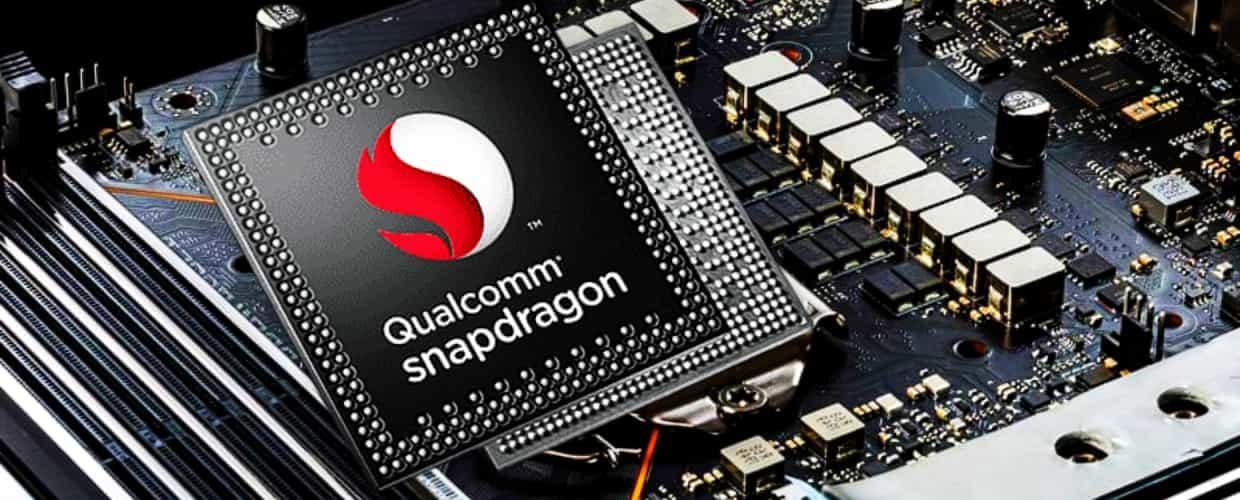There has been much buzz in the tech industry surrounding chipsets in recent years. For those of you who may not be familiar with this term, a chipset is a set of electronic components in a computer or other electronic device that manages the data flow between the processor, memory, and other peripheral devices.
Chipset Advancements
One of the most significant chipset advancements over the past few years has been introducing system-on-a-chip (SoC) technology, and this is where multiple components that were traditionally separate, such as the CPU, GPU, and modem, are now integrated into a single chip. It has resulted in more powerful and energy-efficient devices and smaller form factors, which is why you see SoCs in everything from smartphones and tablets to laptops and gaming consoles.
Global Markets and Notable Players
Allied Market Research said the global 5G chipset market value was USD 13.26 billion in 2020. It is expected to reach USD 92.05 billion by 2030, with the market growing at a compound annual growth rate (CAGR) of 21.8% from 2021 to 2030.
One of the most notable players in the market is Qualcomm, a company that is responsible for many of the processors found in Android smartphones. Another notable player in the chipset market is Apple, which designs its custom silicon for use in its iPhones, iPads, and Mac computers. The latest products have been praised for their exceptional performance and energy efficiency thanks to their use of advanced manufacturing processes and custom architectures.
While Qualcomm and Apple dominate the high-end market, plenty of other companies are making waves with their innovations. MediaTek, for example, has made significant strides in the mid-range and budget smartphone market with its Dimensity series of chipsets. These SoCs offer impressive performance and 5G connectivity at a much more affordable price than their high-end counterparts.
Applicability
Of course, the technology isn’t just limited to smartphones and computers. The growth of modern technology, especially the Internet of Things (IoT), led to a demand for smaller, more energy-efficient chips that power everything from smart home devices to industrial machinery. Companies like Intel and NVIDIA are developing chipsets that can handle the massive amounts of data required for these applications while remaining energy-efficient and affordable. The importance of chipsets as they play a critical role in the performance and capabilities of our devices.
Limitations
While the advancements in chipset technology are exciting, they also come with some potential downsides. One of the biggest concerns is the environmental impact, as producing these complex chips requires significant energy and resources. It also concerns the potential for a digital divide as high-end devices become increasingly expensive and inaccessible for many people.
Conclusion
Despite the concerns about the chipset, it’s clear that the future of technology is closely tied to advancements in the technology. From more powerful smartphones to smarter home devices, chipsets will continue to play a critical role in shaping the devices we use daily. We must ensure that these advancements are made responsibly, with an eye toward sustainability and accessibility.
[ADDITIONAL NOTICE: Visit TechGolly.com to stay informed about technology news, discussions, trends, advice, opinions, directories, insights, and markets. TechGolly covers a wide range of the latest technology news, including business news, product news, stock market news, future tech news, and research news.]


